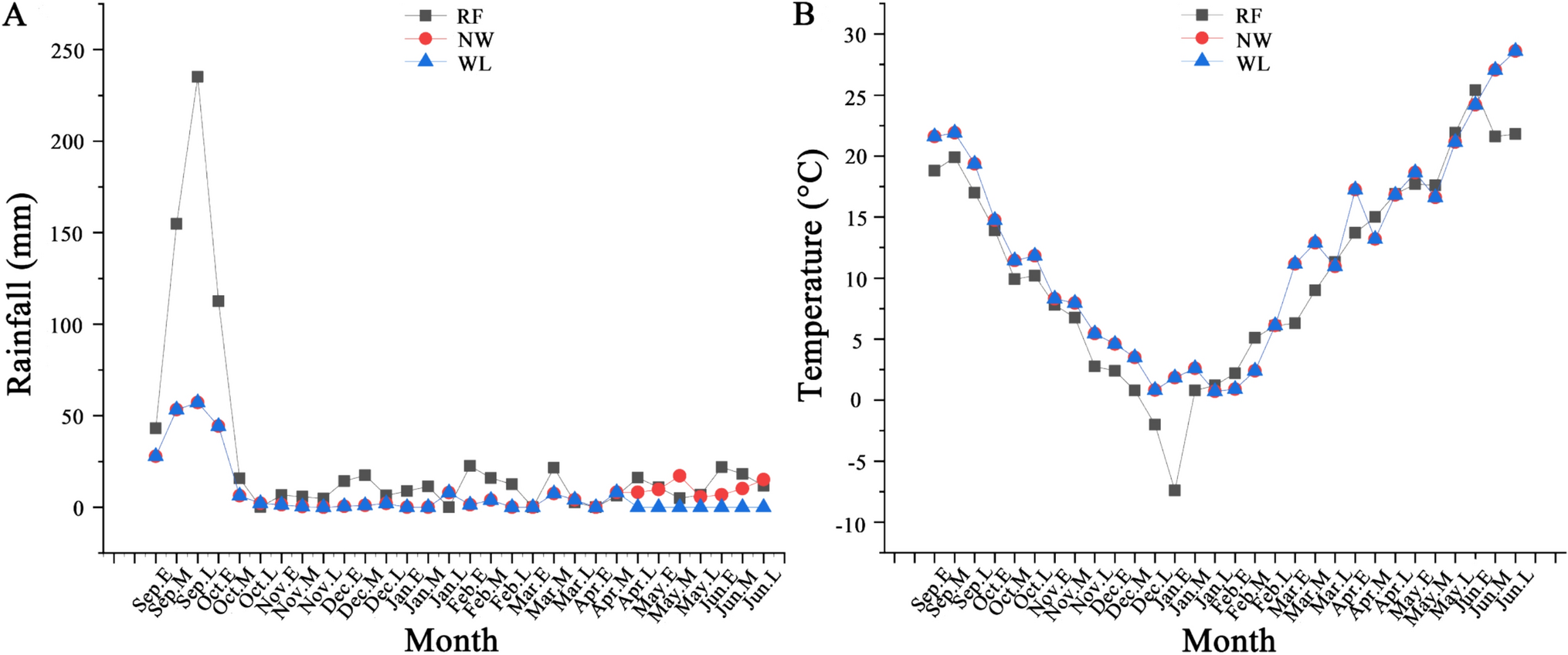Summary
The purchase of the vegan chicken brand gives v2food a U.S. foothold as it looks to become a global plant-based leader through a partnership with Ajinomoto.
Source: fooddive.com

AI News Q&A (Free Content)
Q1: How has the acquisition of Daring Foods by v2food affected the plant-based market and what are the strategic goals associated with this acquisition?
A1: The acquisition of Daring Foods by v2food marks a significant expansion into the U.S. market, as v2food aims to leverage Daring's established brand presence to introduce new plant-based products. This move is part of v2food's broader strategy to solidify its position as a global leader in the plant-based market, as well as to collaborate with Ajinomoto on sustainable food initiatives. The strategic goals include expanding market presence internationally and developing sustainable food systems.
Q2: What role does Ajinomoto play in v2food's expansion strategy, and how does this partnership enhance v2food's global outreach?
A2: Ajinomoto, a leader in food science with extensive global operations, partners with v2food to develop next-generation plant-based products. This collaboration enhances v2food's global outreach by tapping into Ajinomoto's expertise in amino acid technology and flavor enhancement, and leveraging its infrastructure in over 60 countries. The partnership focuses on creating sustainable food systems and expanding into emerging markets like Asia and Africa.
Q3: What are the latest trends in the global plant-based meat market, and how is it projected to grow in the coming years?
A3: The global plant-based meat market was valued at USD 7.17 billion in 2023 and is projected to grow at a CAGR of 19.4% to reach USD 24.77 billion by 2030. The growth is driven by increased consumer awareness of health risks associated with red and processed meats, leading to a preference for healthier, plant-based alternatives. Soy-based meat holds the largest market share, with significant growth expected in the Asia Pacific region due to cultural familiarity with plant-based foods.
Q4: What are the safety considerations and technological challenges associated with plant-based meat processing according to recent scholarly articles?
A4: Recent scholarly articles highlight the importance of safety in plant-based meat processing, particularly in the context of automation and robotics. There are challenges in standardizing safety regulations for robotic systems used in meat processing, which are critical to ensuring human safety and improving job quality. The development of collaborative robots that work alongside humans can enhance automation while addressing labor shortages in the industry.
Q5: What are the health implications of substituting traditional meat and dairy with plant-based alternatives based on recent scientific research?
A5: A recent study simulated the substitution of meat and dairy with plant-based alternatives, indicating potential health benefits such as reduced risks of nutrient deficiency and chronic disease-related mortality. The EAT-Lancet planetary health diet, predominantly plant-based, is associated with lower risks of cardiovascular disease and type 2 diabetes. However, adherence to this diet remains low, suggesting the need for more public health initiatives to promote plant-based nutrition.
Q6: What innovations have been pivotal in advancing the plant-based food sector in 2023, and what challenges does the industry face?
A6: Innovations in ingredient development and texturization techniques have been pivotal in enhancing the sensory attributes and scalability of plant-based foods in 2023. Despite these advancements, the industry faces challenges such as regulatory restrictions on labeling, which can limit marketing strategies. Strategic partnerships and technological advancements continue to drive the sector forward, despite these hurdles.
Q7: How does the partnership between v2food and Ajinomoto address sustainability goals, and what initiatives are planned to achieve these objectives?
A7: The partnership between v2food and Ajinomoto focuses on developing nutritious and sustainable food products, leveraging Ajinomoto's expertise in food science to support v2food's mission. Initiatives include creating sustainable food systems, particularly in emerging markets such as Africa and Asia. The collaboration aims to introduce innovative plant-based products that align with both companies' sustainability goals, including reducing environmental impact.
References:
- https://www.foodandbeverage.business/consumer/v2food-acquires-alt-meat-rival-daring-foods-and-forms-partnership-with-ajinomoto/
- Current Safety Legislation of Food Processing Smart Robot Systems The Red Meat Sector





